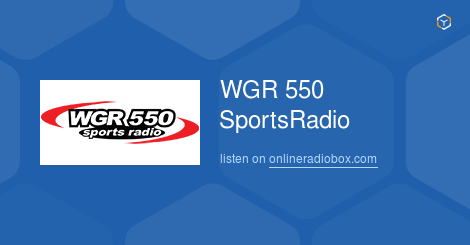Hypnic jerks are the sudden involuntary twitching of one or more muscles when youre falling asleep. A whole-body spasm hypnic jerk is almost always harmless but may be a function of difficulty falling asleep or getting comfortable sleeping.
 Sleep Myoclonus Moving During Sleep American Sleep Association
Sleep Myoclonus Moving During Sleep American Sleep Association
Sleep starts also known as hypnic jerks are sudden brief simultaneous contractions of the body or one or more body segments occurring at sleep onset.

Muscle spasms when falling asleep. Stimulus-sensitive myoclonus is triggered by a variety of external events including noise movement and light. Myoclonus is the medical term for brief involuntary muscle twitching or jerking. It is a benign condition that involves involuntary muscle movement and happens during the early stages of sleep.
The symptoms of sleep myoclonus occur when a person falls asleep or during sleep. Sleep myoclonus is a form of myoclonus which occurs during sleep usually in the stage just before deep sleep. Most of the times these symptoms occur without any underlying disorder they are not harmful or may appear after anxiety hormonal imbalance viral illnessor long term illness.
WebMD Symptom Checker helps you find the most common medical conditions indicated by the symptoms cough difficulty falling asleep muscle cramps or. This muscle spasm is also called as muscle fasciculation appears when the muscle contracts on its own without nerve stimulation. Movement tends to occur in the early stage of sleep.
It causes unpredictable and involuntary muscle jerks or spasms that may affect a. A hypnic jerk hypnagogic jerk sleep start sleep twitch myoclonic jerk or night start is a brief and sudden involuntary contraction of the muscles of the body which occurs when a person is beginning to fall asleep often causing the person to jump and awaken suddenly for a moment. Myoclonus comes on suddenly.
A hypnic jerk is an involuntary twitch of one or more muscles that occurs as a person is falling asleep. They start in your toes and move to the ankles knees and hips. It tends to happen just as the person is transitioning from a wakeful state to a sleeping.
61k views Reviewed 2 years ago. People who experience myoclonic twitches or jerks have muscles that unexpectedly tighten or contract positive myoclonus or. Is having mulitple severe muscle spasms when falling asleep normal.
The muscle spasms may occur spontaneously or may be induced by sound light or. Its not a disease but a sign of another condition. Sleep twitching is the little jerks and spasms that occur in the arms legs eyes eyelids brow fingers toes head mouth and cheeks of the baby during sleep 1.
Being surprised may increase the sensitivity of the individual. Like RLS movement occurs soon after falling asleep. A common form of myoclonus while awake is hiccups which are quick contractions affecting the diaphragm.
Ken Starnes answered 8 years experience General Practice Hypnic jerk. Hypnogogic jerks are also known as sleep starts or hypnic jerks. Muscle spasm during sleep may be a symptom of a sleep disorder such as restless leg syndrome or RLSIt may also be a symptom of periodic limb movement disorder or PLMD.
Known as hypnic jerks or sleep starts the spasms may make you feel. If youve ever been drifting. However myoclonus may be a symptom in more complex and disturbing sleep disorders and may require treatment by a doctor.
Myoclonus is a brief twitching of the muscles that can occur separately or in groups as well as in a sequence or at random. Symptoms of PLMS are uncontrolled movements of both legs. Although both are different disorders both are parasomnia conditions which often occur at the same time.
A whole-body spasm hypnic jerk is almost always harmless but may be a function of difficulty falling asleep or getting comfortable sleeping. Hypnagogic jerks are also commonly known as hypnic jerks or sleep starts. These movements may occur every 5 to 90 seconds and last from 30 minutes to 2 hours during sleep.
Theyre strong sudden and brief contractions of the body that occur just as youre falling asleep. The International Classification of Sleep Disorders manual describes them as follows. If they cause you difficulty a sleep medicine doctor may be able to help.
These involuntary muscle spasms are actually very commonand harmless.
